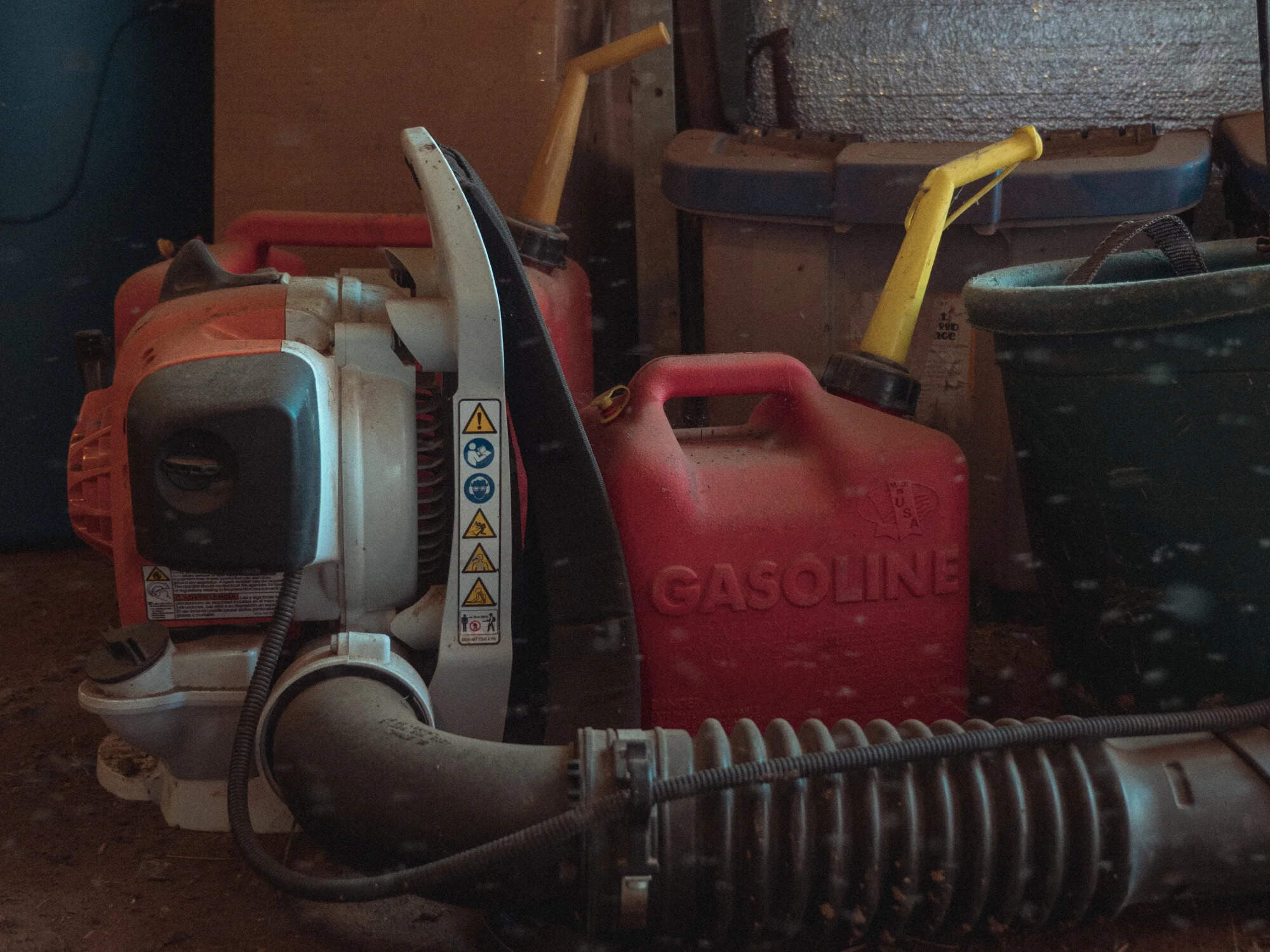

Articles
How To Store Gas For Generator
Modified: December 7, 2023
Learn effective strategies for safely storing gas for your generator with these informative articles. Protect your investment and ensure a reliable power source when you need it most.
(Many of the links in this article redirect to a specific reviewed product. Your purchase of these products through affiliate links helps to generate commission for Storables.com, at no extra cost. Learn more)
Introduction
For anyone who relies on a generator for backup power during emergencies or for recreational purposes, storing gas is a crucial part of ensuring its functionality and longevity. Whether you are preparing for a storm-induced power outage or need a reliable fuel source for camping trips, having a supply of stored gasoline is a smart move.
Storing gas for generators requires careful consideration to ensure safety and optimize the fuel’s quality for use. In this article, we will explore the factors to consider, safety precautions to take, and steps to properly store gas for generators. We’ll also provide guidelines for long-term storage and offer tips for using stored gasoline safely.
Before diving into the details, it’s important to note that safety should always be the top priority when handling and storing fuel. Gasoline is a highly flammable substance, and mishandling it can lead to dangerous accidents. Therefore, it’s essential to follow proper procedures and guidelines to minimize the risk of fire, explosions, and other hazards.
Now, let’s delve into the factors to consider before storing gas for generators, so you can ensure safe and efficient fuel storage.
Key Takeaways:
- Properly storing gas for generators involves considering factors like fuel consumption, expected usage duration, and gasoline stability. Safety precautions, choosing the right containers, and following storage guidelines are crucial for safe and efficient fuel storage.
- Long-term gas storage requires high-quality gasoline, fuel stabilizers, and proper storage conditions. Regularly inspecting, rotating, and tracking the shelf life of stored gasoline ensures its reliability. Following safety tips and manufacturer recommendations is essential for using stored gasoline safely in generators.
Read more: How To Store A Generator
Factors to Consider before Storing Gas for Generators
Before you start storing gas for your generator, there are several important factors to consider. These factors will help you determine the amount of gas you need, the type of gasoline to use, and the storage conditions required for optimal performance. Let’s take a look at these factors in detail:
- Generator Fuel Consumption: The first factor to consider is the fuel consumption of your generator. Different generators have different fuel consumption rates, depending on their size and power output. It’s essential to know how much gas your generator will consume per hour or per kilowatt of power it produces. This information will help you estimate the amount of gasoline you need to store for a specific duration.
- Expected Usage Duration: Consider how long you anticipate using the generator during a power outage or camping trip. This will help you determine how much gas you need to store. For instance, if you expect a prolonged power outage, storing a larger quantity of gasoline may be necessary.
- Storage Space: Evaluate the available storage space you have for gas containers. If you have limited space, you may need to find alternative storage solutions, such as using smaller containers or storing the fuel outdoors in a safe and designated area.
- Gasoline Type: Check the manufacturer’s recommendations for the type of gasoline to use in your generator. Most generators run on unleaded gasoline with an octane rating of 87 or higher. It’s important to follow these guidelines to ensure optimal performance and prevent potential damage to the generator.
- Gasoline Stability: Gasoline has a shelf life, and its quality can deteriorate over time. Consider the stability of the gasoline you plan to store. Choose fuel with additives designed to extend its shelf life or opt for ethanol-free gasoline if available.
By considering these factors, you can determine the appropriate amount of gas to store, the right type of gasoline to use, and the best storage conditions for your specific needs. Taking these factors into account will help optimize the performance of your generator and ensure a reliable supply of fuel when you need it. Next, let’s explore important safety precautions to take when storing gasoline for generators.
Safety Precautions for Storing Gasoline
When it comes to storing gasoline for your generator, safety should always be the top priority. Gasoline is a highly flammable and potentially dangerous substance, so it’s crucial to follow safety precautions to minimize any risks. Here are some important safety measures to consider:
- Store in Well-Ventilated Areas: Gasoline should always be stored in well-ventilated areas, preferably outdoors or in a detached, well-ventilated shed. Avoid storing gasoline in basements, garages attached to living spaces, or any confined spaces as these can pose a significant fire hazard.
- Keep Away from Ignition Sources: Gasoline emits flammable vapors, so it’s crucial to store it away from any potential ignition sources. This includes open flames, sparks, electrical appliances, or anything that could create a spark. Keep gasoline containers far away from your generator as well.
- Use Properly Approved Containers: Only use approved containers specifically designed for gasoline storage. These containers should be made of durable materials that are resistant to corrosion and leakage. Look for containers that are labeled as “gasoline” or have a “UN/DOT” certification to ensure compliance with safety standards.
- Avoid Overfilling Containers: Do not overfill gasoline containers. Leave some space to allow for fuel expansion, especially in warmer temperatures. Overfilled containers can leak or become more susceptible to pressure buildup, increasing the risk of accidents.
- Label and Secure Containers: Label each gasoline container clearly with the word “Gasoline” and include the date of storage. This will help you keep track of the fuel’s age and ensure proper rotation. Additionally, secure the containers to prevent tipping or any unauthorized access.
- Store Away from Children and Pets: Gasoline should be stored in a location that is inaccessible to children and pets. Consider using a lockable storage area or cabinet to further ensure their safety.
By following these safety precautions, you can significantly reduce the risk of accidents and ensure the safe storage of gasoline for your generator. Next, let’s talk about choosing the right containers for gas storage.
Choosing the Right Container for Gas Storage
Choosing the right container for gas storage is essential for ensuring the safety and quality of the fuel. The container you use should be specifically designed for storing gasoline and meet certain criteria to minimize the risk of leaks, spills, and contamination. Here are some factors to consider when selecting a container for gas storage:
- Made of Appropriate Material: The container should be made of high-density polyethylene (HDPE) or metal. These materials are resistant to corrosion and can safely hold gasoline without deteriorating.
- Capacity: Consider the amount of gasoline you plan to store and choose containers with an appropriate capacity. It’s recommended to use smaller containers, such as 1-gallon or 5-gallon sizes, to make handling and pouring easier.
- Tightly Sealed: The container should have a tight and secure seal to prevent any gasoline vapors from escaping and to avoid contamination. Look for containers with a cap or lid that can be securely fastened.
- Approved and Certified: Ensure that the container is approved and certified for storing gasoline. Look for containers that meet the safety standards set by regulatory bodies, such as the U.S. Department of Transportation (DOT) or the Underwriters Laboratories (UL).
- Easy to Handle: Consider the weight and design of the container. It should be easy to handle and pour without causing any strain or spills.
- Transparency: Choose containers that are transparent or have a built-in fuel gauge so you can easily monitor the fuel level and plan for refills accordingly.
It’s important to note that reusing containers that were originally designed for other substances, such as milk jugs or soda bottles, is not recommended for storing gasoline. These containers may not be suitable for long-term fuel storage and can lead to leaks or contamination.
Remember, always read and follow the manufacturer’s instructions when selecting a container for gas storage. This will ensure that you are using a container that meets the required safety standards and is suitable for the storage of gasoline.
Now that you know how to choose the right container, let’s discuss the proper storage and handling of gasoline for your generator.
Storing and Handling the Gasoline
Properly storing and handling gasoline is crucial for maintaining its quality and minimizing safety risks. Here are some important guidelines to follow:
- Store in a Cool, Dry Place: Gasoline should be stored in a cool, dry place away from direct sunlight and sources of heat. This helps prevent evaporation and degradation of the fuel. A well-ventilated shed or a dedicated storage cabinet are good options.
- Keep Away from Flames and Sparks: Store gasoline away from any open flames, sparks, or potential ignition sources. This includes electrical appliances, pilot lights, and smoking areas. Even a small spark could ignite the highly flammable vapors.
- Avoid Excessive Heat: Extreme heat can cause gasoline to expand and potentially leak from containers. Ensure that the storage area remains at a moderate temperature to prevent any pressure buildup or leakage.
- Use Fuel Stabilizers: Fuel stabilizers can help prolong the shelf life of gasoline. It’s recommended to add a stabilizer to the fuel before storage, following the manufacturer’s instructions. This helps prevent the formation of deposits and keeps the fuel fresh for a longer period.
- Rotate Fuel Supply: If you regularly store gasoline for emergency purposes, it’s important to rotate your fuel supply. Use the oldest gasoline first and refill with fresh fuel. This helps ensure that you are always using the freshest fuel possible.
- Label Containers Clearly: Clearly label each container with the word “Gasoline” and include the date of storage. This makes it easier to identify and track the age of the fuel, allowing you to prioritize usage based on freshness.
- Handle with Care: When handling gasoline, use caution to avoid spills or splashing. Use a funnel for pouring and wipe up any spills immediately. Always wash your hands thoroughly after coming into contact with gasoline.
- Dispose of Waste Properly: If you have any leftover or expired gasoline, do not dispose of it in regular waste or pour it down the drain. Check with your local authorities about safe disposal methods, such as taking it to a hazardous waste facility.
By following these guidelines, you can ensure the safe handling and storage of gasoline for your generator. Proper storage practices help maintain the quality of the fuel, extend its shelf life, and reduce the risk of accidents. Next, let’s discuss the steps to properly store gas for your generator.
Store gas for your generator in a well-ventilated, cool, and dry area, away from direct sunlight and heat sources. Use a proper fuel container and add a fuel stabilizer to extend its shelf life.
Read more: How To Store Generator
Steps to Properly Store Gas for Generators
Properly storing gas for your generator involves a series of steps that ensure safety and maintain the quality of the fuel. By following these steps, you can ensure that your stored gasoline is ready for use when you need it. Let’s go through the process:
- Select Approved Containers: Choose containers that are specifically designed for storing gasoline. Look for containers made of high-density polyethylene (HDPE) or metal that meet safety standards and are approved for fuel storage.
- Prepare the Storage Area: Find a cool, dry, and well-ventilated area away from ignition sources. Clear the area of any flammable materials and make sure it is clean and free from any potential hazards.
- Add Fuel Stabilizer: Before storing the gasoline, add a fuel stabilizer to the containers following the manufacturer’s instructions. This helps prevent the fuel from deteriorating and extends its shelf life.
- Label the Containers: Clearly label each container with the word “Gasoline” and include the date of storage. This helps you keep track of the fuel’s age and prioritize usage based on freshness.
- Fill the Containers: Fill the approved containers with gasoline, leaving some space for fuel expansion. Avoid overfilling and make sure the containers are tightly sealed to prevent any leaks.
- Store in the Designated Area: Place the filled containers in the designated storage area. Ensure they are stored upright and secured to prevent tipping or unauthorized access. Keep them away from direct sunlight and excessive heat.
- Regularly Inspect and Rotate: Periodically inspect the containers for any signs of damage or leakage. Rotate your fuel supply by using the oldest gasoline first and refilling with fresh fuel to maintain freshness.
- Keep a Record: Maintain a record of the stored gasoline, including the amount, date of storage, and any additional notes. This helps you track usage and plan for future refills.
By following these steps, you can ensure that your stored gasoline remains safe and reliable for use in your generator. Remember to always prioritize safety and follow local regulations when storing and handling gasoline.
Now that you know the steps for proper gas storage, let’s explore guidelines for long-term storage of gasoline.
Guidelines for Long-Term Gas Storage
If you need to store gasoline for an extended period, such as during a long-term power outage or for emergency preparedness, it’s crucial to follow specific guidelines to ensure the fuel’s longevity and usability. Here are some guidelines for long-term gas storage:
- Use High-Quality Gasoline: Opt for high-quality gasoline with a higher octane rating and lower ethanol content. Ethanol-free gasoline is generally preferred for long-term storage as ethanol can attract moisture and lead to fuel degradation.
- Add Fuel Stabilizer: Before storing the gasoline, add a fuel stabilizer to the containers following the manufacturer’s instructions. This helps to keep the fuel fresh and prevents the formation of deposits or gumming that can clog the generator’s fuel system.
- Store in a Cool and Dark Place: Select a storage area that remains consistently cool and away from direct sunlight. Heat and light can accelerate fuel degradation and evaporation. Consider using a temperature-controlled storage shed or a dedicated, well-ventilated cabinet.
- Minimize Air Exposure: Air exposure can lead to the oxidation and degradation of gasoline. As much as possible, keep the containers tightly sealed to prevent air from entering. Avoid frequently opening and closing the containers unnecessarily.
- Regularly Rotate and Refill: To maintain fuel freshness, periodically rotate your stored gasoline. Use the oldest fuel first and refill with fresh fuel to ensure a consistent supply of usable gasoline. Maintaining a record of dates and quantities can help facilitate this rotation process.
- Inspect for Contamination: Regularly inspect the stored gasoline for any signs of contamination, such as water or debris. If you notice any contaminants, it’s crucial to dispose of the affected fuel properly and replace it with fresh gasoline.
- Consider Using Fuel Additives: Diesel stabilizers and biocides can be used for long-term storage of diesel fuel to prevent microbial growth and fuel degradation. If storing diesel fuel, consider adding appropriate fuel additives following the manufacturer’s instructions.
- Track Shelf Life: Gasoline typically has a shelf life of about 6 months to 1 year, depending on its quality, storage conditions, and additives used. Keep track of the date of storage and prioritize usage based on freshness to ensure you always have usable fuel available.
Following these guidelines for long-term gas storage will help maintain the quality and usability of the fuel for an extended period. Regular inspections, proper rotation, and attention to storage conditions are key to ensuring that your stored gasoline remains reliable when needed.
Next, let’s explore some tips for using stored gasoline safely in your generator.
Tips for Using Stored Gasoline Safely
Using stored gasoline safely in your generator is essential to prevent accidents and ensure optimal performance. Here are some important tips to keep in mind:
- Regularly Inspect Gasoline: Before using stored gasoline, visually inspect it for any signs of contamination, such as water or debris. Do not use fuel that appears discolored, has a foul odor, or shows any other signs of deterioration.
- Filter the Fuel: To further remove any contaminants, consider using a fuel filter when transferring the stored gasoline to the generator’s fuel tank. This helps prevent debris or impurities from reaching the generator’s engine.
- Follow Generator Manufacturer’s Recommendations: Adhere to the generator manufacturer’s guidelines for fuel type, volume, and usage. Using gasoline that does not meet the recommended specifications can harm the generator and lead to performance issues.
- Start with Fresh Fuel: Whenever possible, begin using the freshest stored gasoline. Prioritize using and rotating your fuel supply to ensure that the fuel is as fresh as possible, maximizing its efficiency and reliability.
- Store Properly Unused Fuel: If you have unused fuel after a power outage or a camping trip, ensure that it is stored properly in approved containers following the storage guidelines mentioned earlier. This helps maintain its quality for future use.
- Keep Generator Properly Maintained: Regularly maintain and service your generator to ensure its optimal performance. This includes cleaning the fuel system, changing filters, and following the manufacturer’s recommended maintenance schedule.
- Dispose of Old or Expired Fuel: If you have gasoline that has expired or become contaminated, it’s important to dispose of it properly according to local regulations. Do not attempt to use or mix old or bad fuel with fresh gasoline.
- Have Fire Safety Equipment Available: Keep fire safety equipment, such as fire extinguishers, nearby whenever operating a generator. Familiarize yourself with their usage and have them easily accessible in case of emergencies.
- Follow Safe Operating Practices: When using a generator, always follow safe operating practices outlined in the generator’s manual. This includes proper ventilation, keeping a safe distance from the generator during operation, and shutting off the generator before refueling.
- Attend to Fuel Spills Immediately: In the event of a fuel spill, attend to it immediately. Clean up the spill using proper absorbent materials and dispose of them safely. Do not leave fuel spills unattended, as they can present a fire hazard.
By following these tips, you can ensure the safe and efficient use of stored gasoline in your generator. Practice proper maintenance and adhere to safety guidelines to create a secure environment for fuel usage.
Now, let’s address some frequently asked questions about storing gas for generators.
Frequently Asked Questions (FAQs)
Here are answers to some commonly asked questions about storing gas for generators:
- Q: How long can gasoline be stored?
A: Gasoline has a shelf life of about 6 months to 1 year, depending on its quality, additives used, and storage conditions. It’s important to regularly rotate your fuel supply and prioritize using the freshest gasoline first. - Q: Can I store gasoline in plastic containers?
A: Yes, you can store gasoline in plastic containers. However, make sure to use containers made of high-density polyethylene (HDPE) that are specifically designed for gasoline storage. Avoid using containers not specifically approved for storing fuel, such as milk jugs or soda bottles. - Q: How should I dispose of old gasoline?
A: It’s important to dispose of old or expired gasoline properly. Check with your local authorities or waste management facility for guidelines on how to dispose of gasoline safely. Pouring gasoline down the drain or into the regular waste can harm the environment and is not recommended. - Q: Can I mix old gasoline with fresh gasoline?
A: It is not recommended to mix old or expired gasoline with fresh gasoline. Old gasoline can have deteriorated quality or contain contaminants, which can adversely affect the performance of your generator. It’s best to dispose of old gasoline properly and use fresh fuel for optimal results. - Q: Can I store gasoline indoors?
A: Gasoline should be stored in well-ventilated areas. While storing gasoline indoors is possible, it is generally safer to store it outdoors or in a detached, well-ventilated shed to minimize the risk of flammable vapors accumulating. Avoid storing gasoline in basements or garages attached to living spaces. - Q: Can I use stored gasoline in other vehicles or equipment?
A: The gasoline stored for generators can generally be used in other vehicles or equipment that require the same type of fuel. However, always check the manufacturer’s recommendations for the specific equipment to ensure compatibility and avoid potential performance issues or damage. - Q: Is it safe to store gasoline near my home?
A: It is generally not recommended to store gasoline near your home, especially in living areas. Store gasoline in a designated area away from ignition sources, such as detached sheds or well-ventilated outdoor spaces, to minimize the risk of fire and other hazards. - Q: Can I store gasoline for an indefinite period?
A: Gasoline should not be stored for an indefinite period, as it can degrade over time. It’s best to use and rotate your fuel supply regularly. If you don’t anticipate using stored gasoline within a reasonable time frame, consider using fuel stabilizers to extend its shelf life.
These FAQs address some common concerns and provide helpful information for safe and effective gas storage. If you have any specific questions or concerns, it’s always best to consult the manufacturer’s guidelines or seek professional advice.
Now, let’s conclude this article on storing gas for generators.
Read more: How To Store Gasoline For Generator
Conclusion
Storing gas for generators is an important task that requires careful consideration and adherence to safety guidelines. By following the factors to consider, safety precautions, and proper storage and handling methods outlined in this article, you can ensure the safe and efficient use of stored gasoline for your generator.
Before storing gas, consider factors like fuel consumption, expected usage duration, storage space, and the type and stability of the gasoline. These considerations will help you determine the quantity of gasoline to store and the appropriate containers to use.
When it comes to safety precautions, always store gasoline in well-ventilated areas, away from ignition sources, and use properly approved containers. Label the containers clearly and secure them to prevent leaks and unauthorized access. Handle gasoline with care and dispose of any old or expired fuel properly.
Proper storage and handling of gasoline involve steps like selecting approved containers, preparing the storage area, adding a fuel stabilizer, and labeling the containers. Regularly inspect and rotate the stored fuel and keep a record of dates and quantities to ensure freshness and usability.
For long-term gas storage, it is advisable to use high-quality gasoline with a low ethanol content, add fuel stabilizers, store in a cool and dark place, and minimize air exposure. Remember to follow safe operating practices and keep fire safety equipment nearby when using stored gasoline in your generator.
By following these tips and guidelines, you can store and use gasoline for your generator safely and confidently, ensuring a reliable source of power during emergencies or recreational activities.
Always prioritize safety, stay informed about local regulations, and consult manufacturer guidelines for specific instructions tailored to your generator’s requirements. With proper storage and handling, you can have peace of mind knowing that you are prepared for any situation that may require the use of your generator.
Frequently Asked Questions about How To Store Gas For Generator
Was this page helpful?
At Storables.com, we guarantee accurate and reliable information. Our content, validated by Expert Board Contributors, is crafted following stringent Editorial Policies. We're committed to providing you with well-researched, expert-backed insights for all your informational needs.
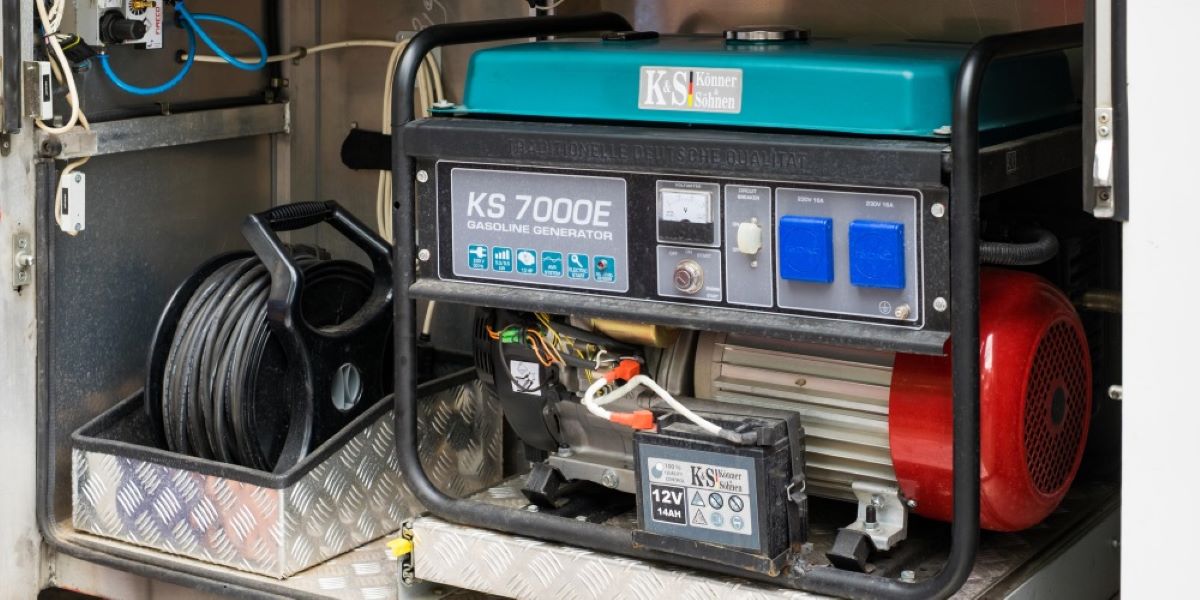
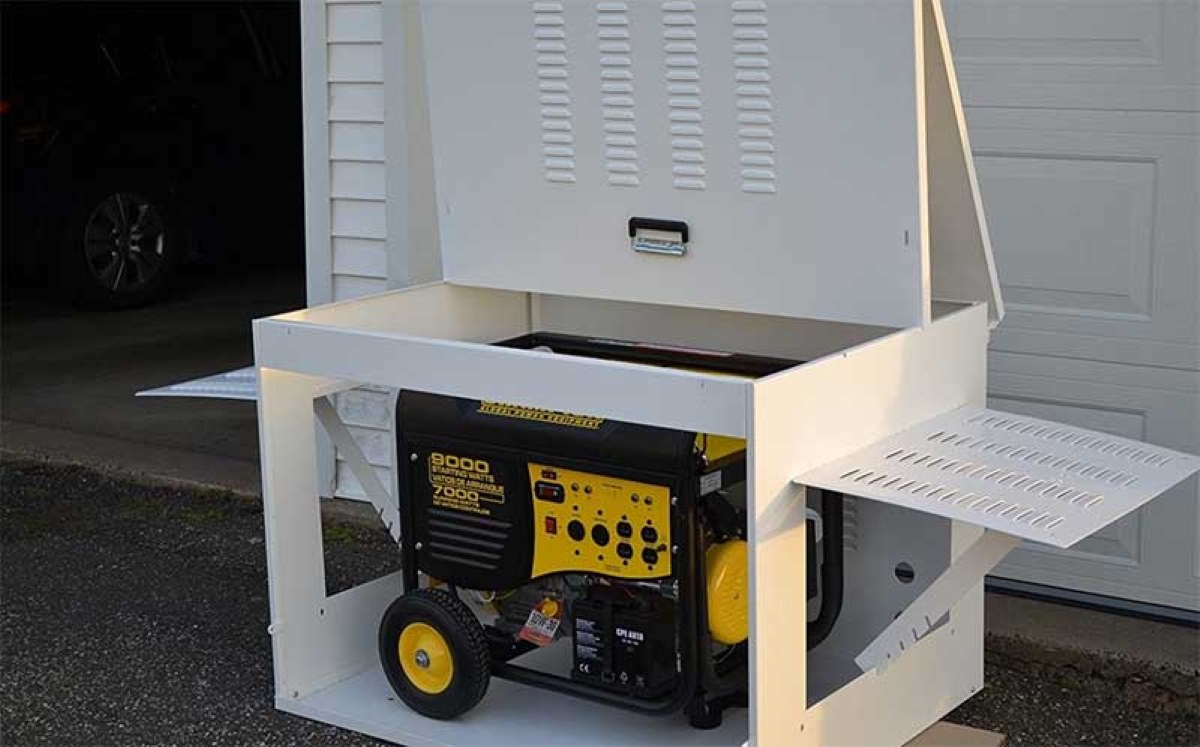
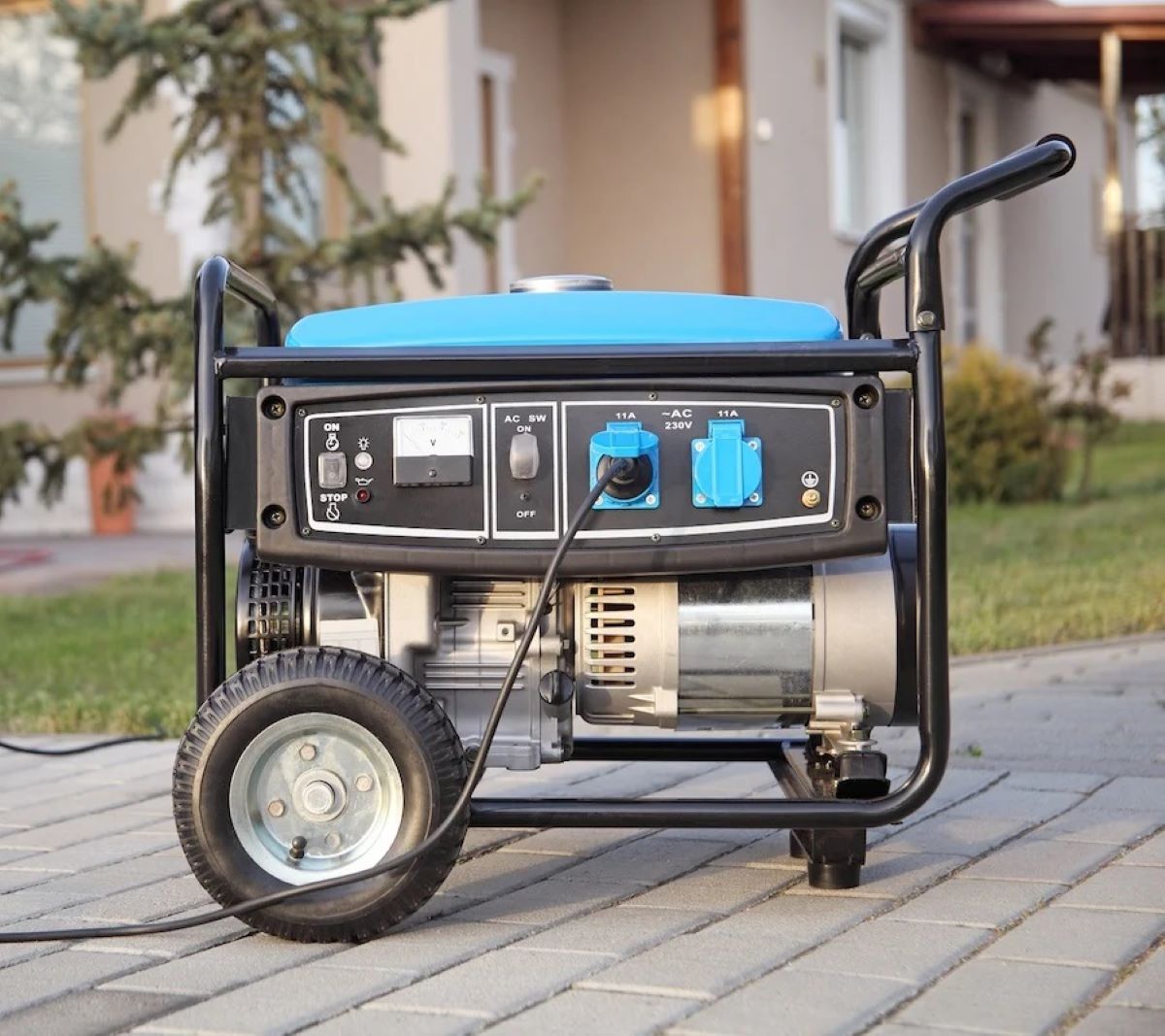
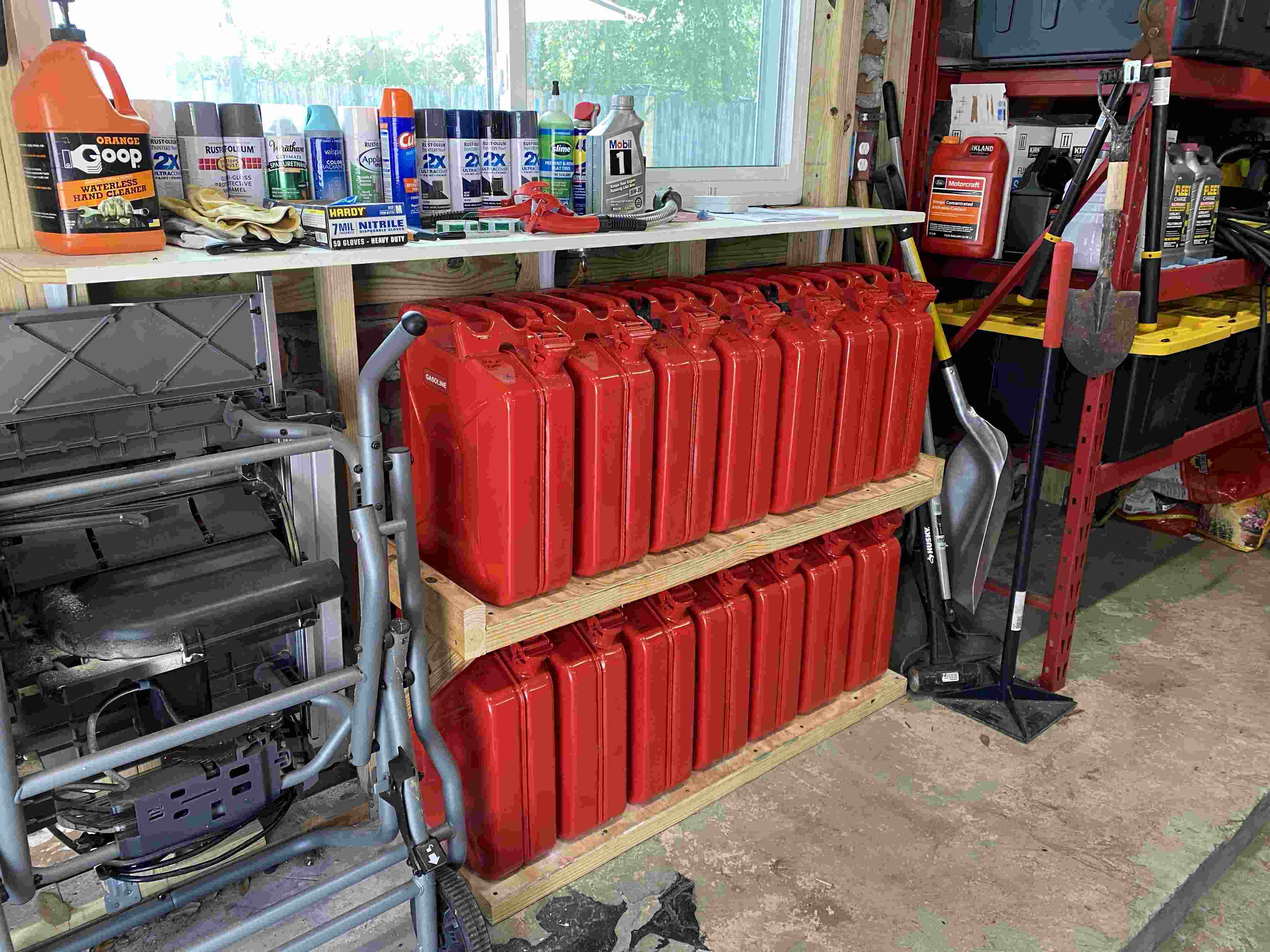
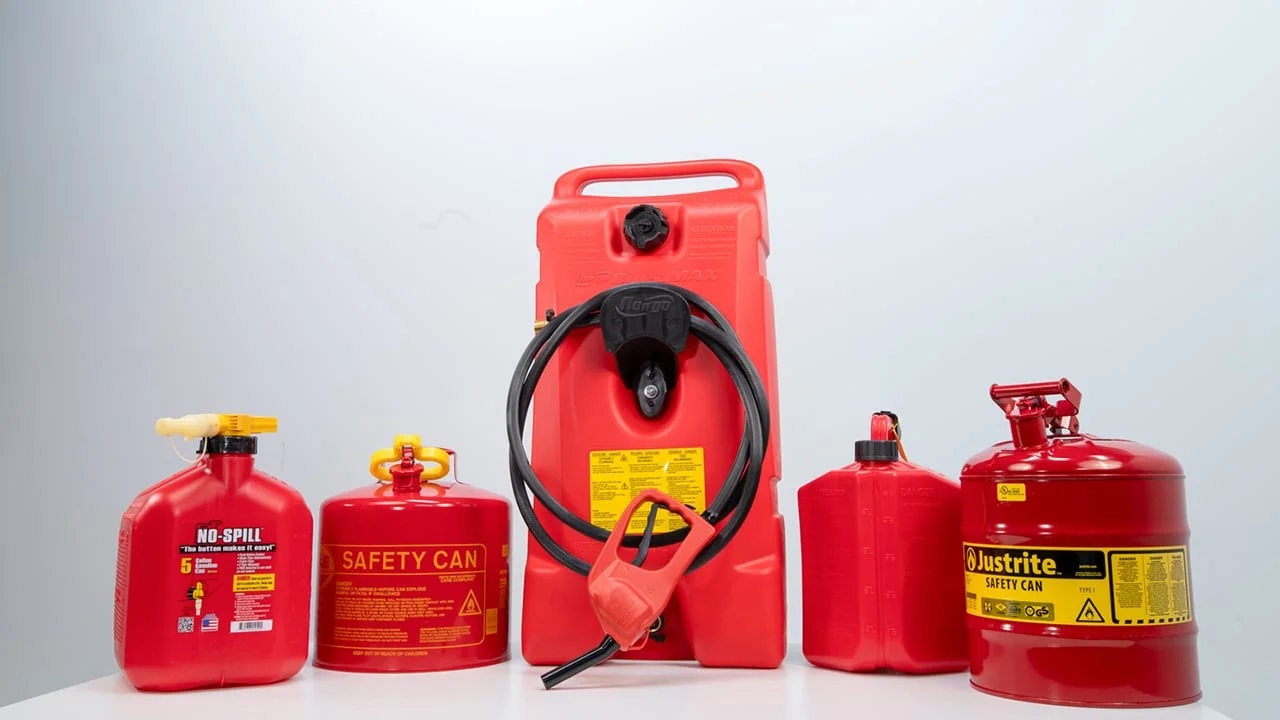
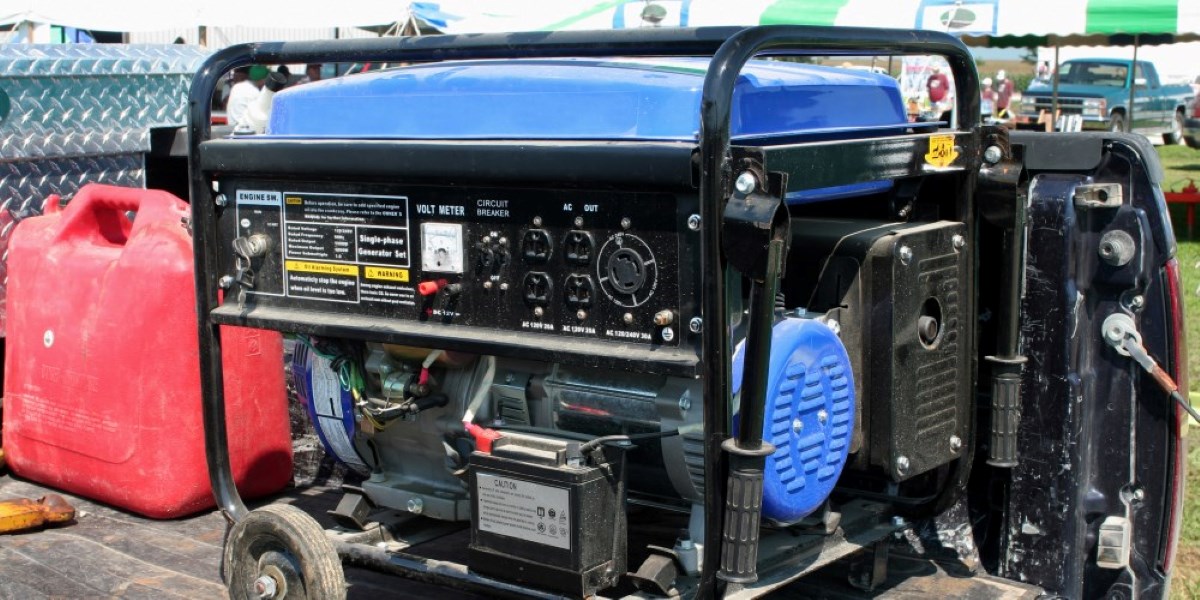
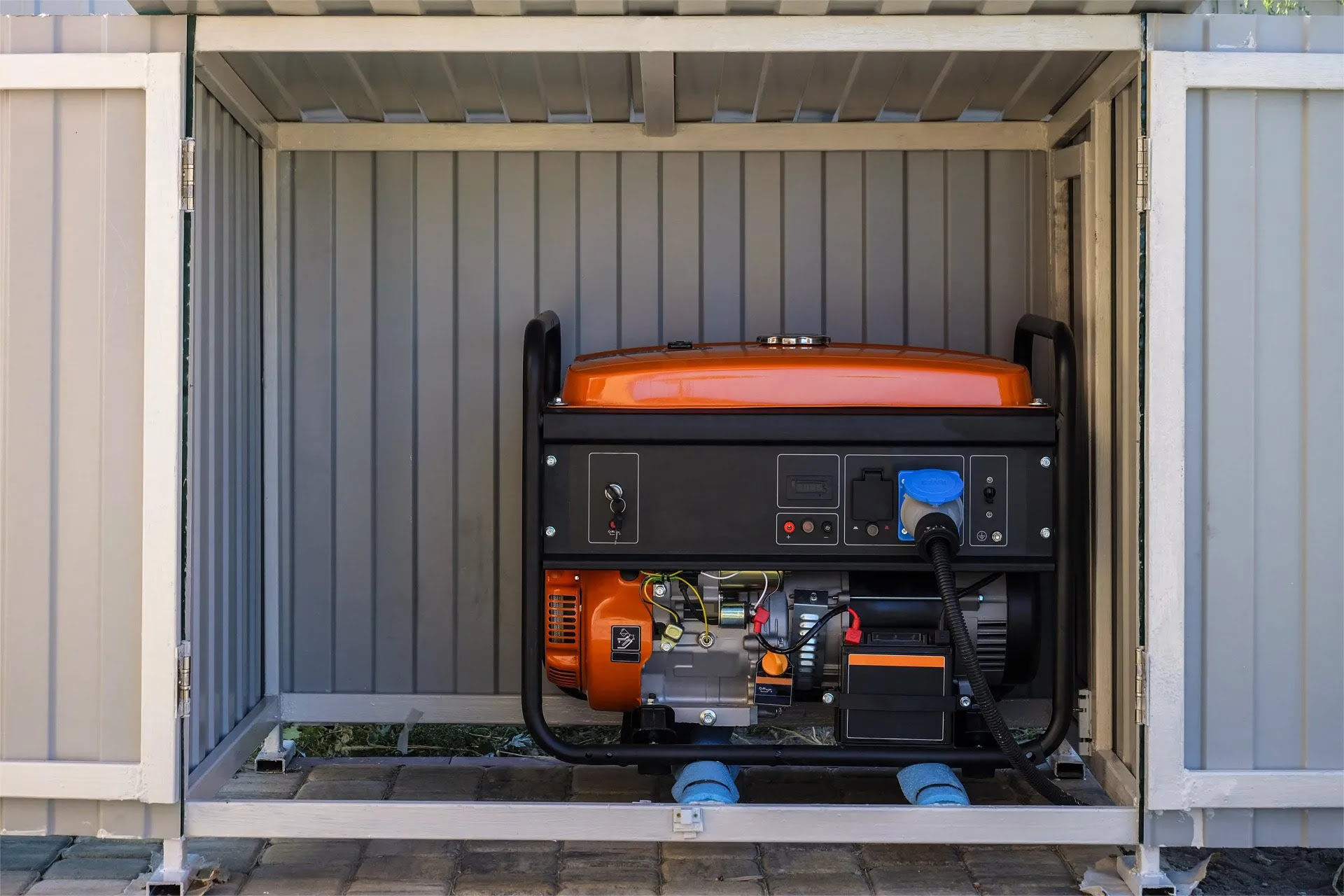
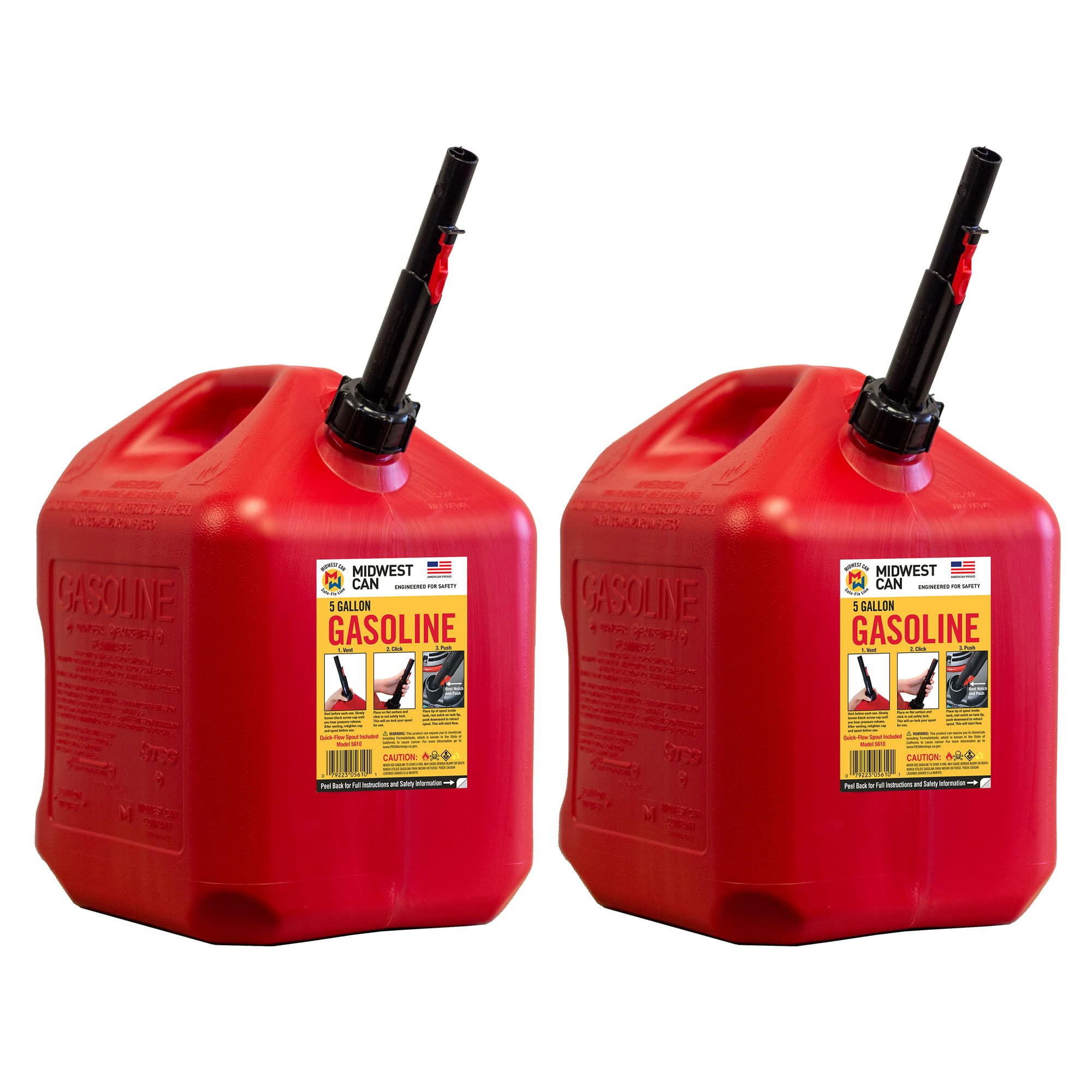
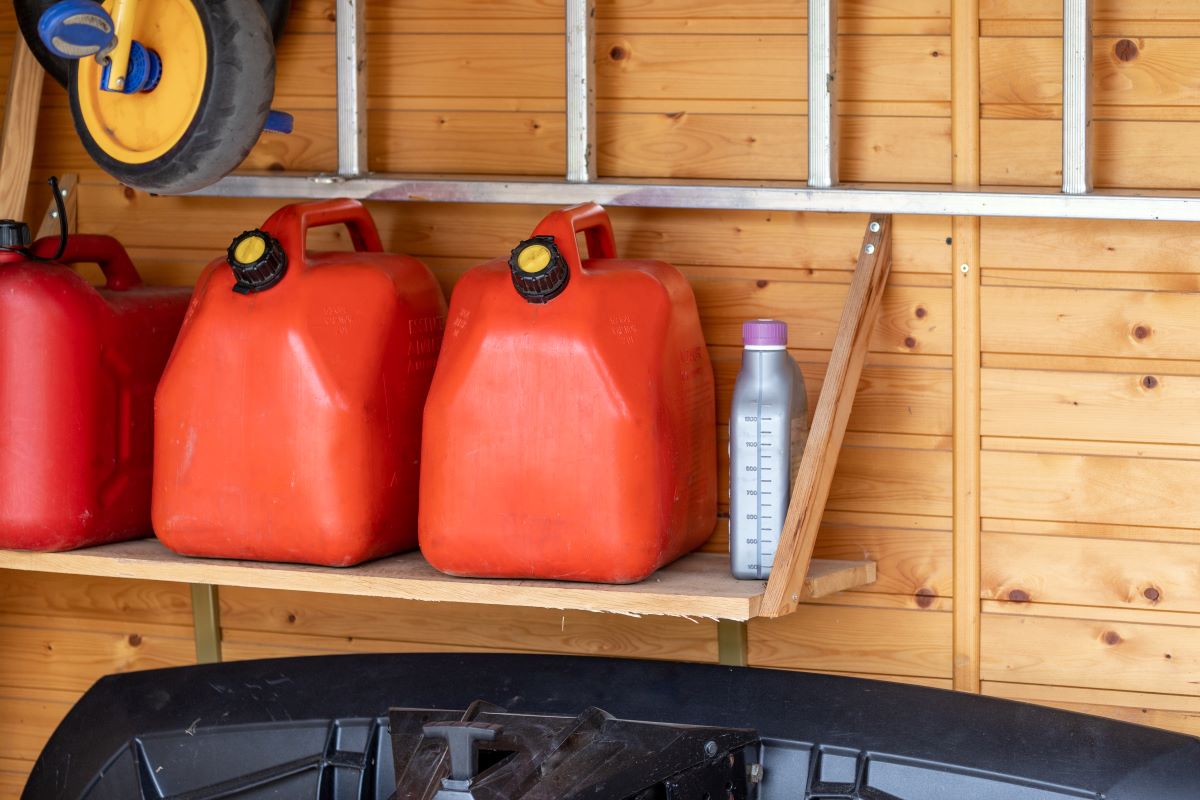

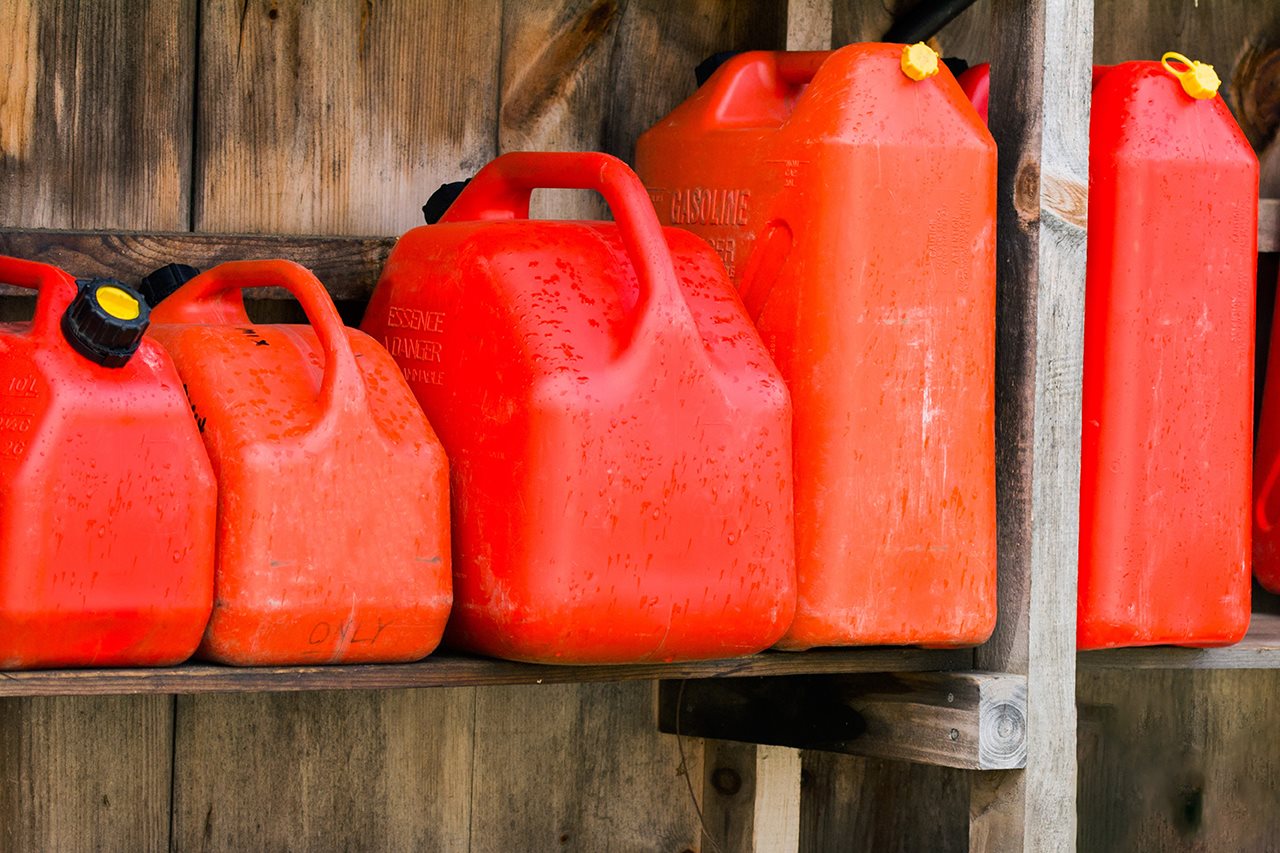
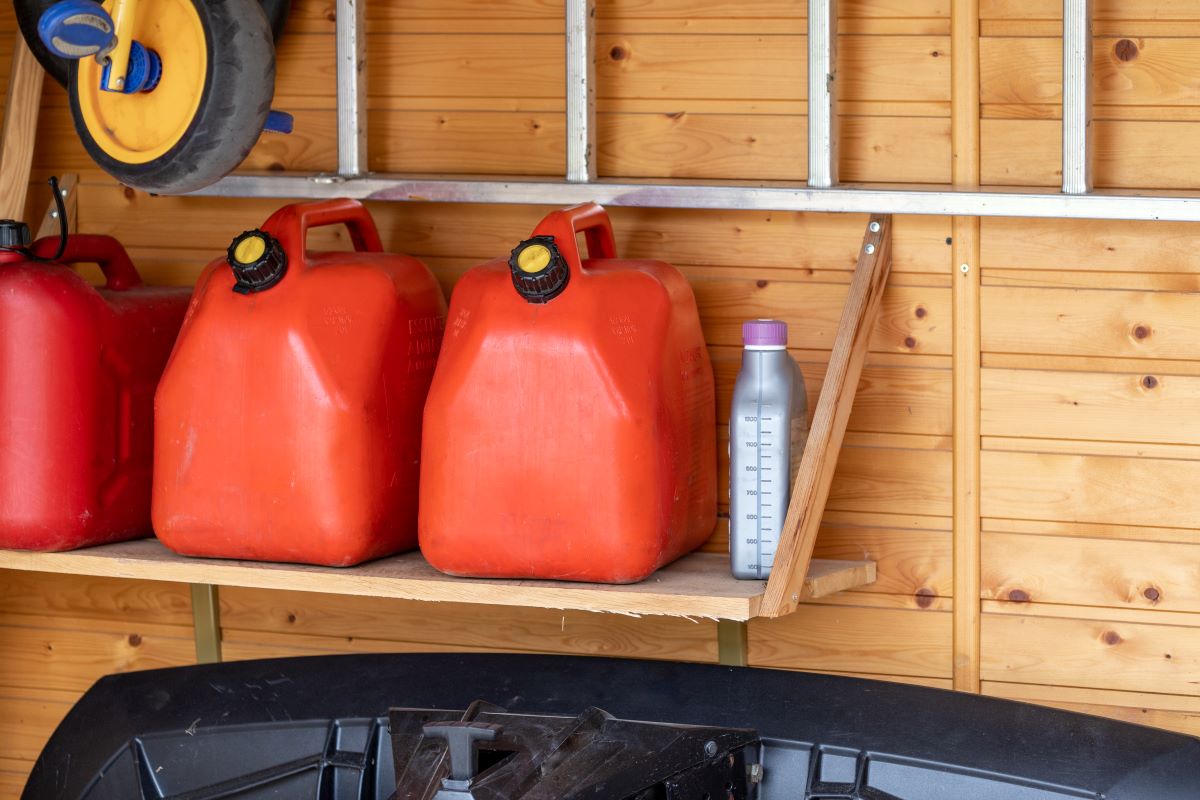
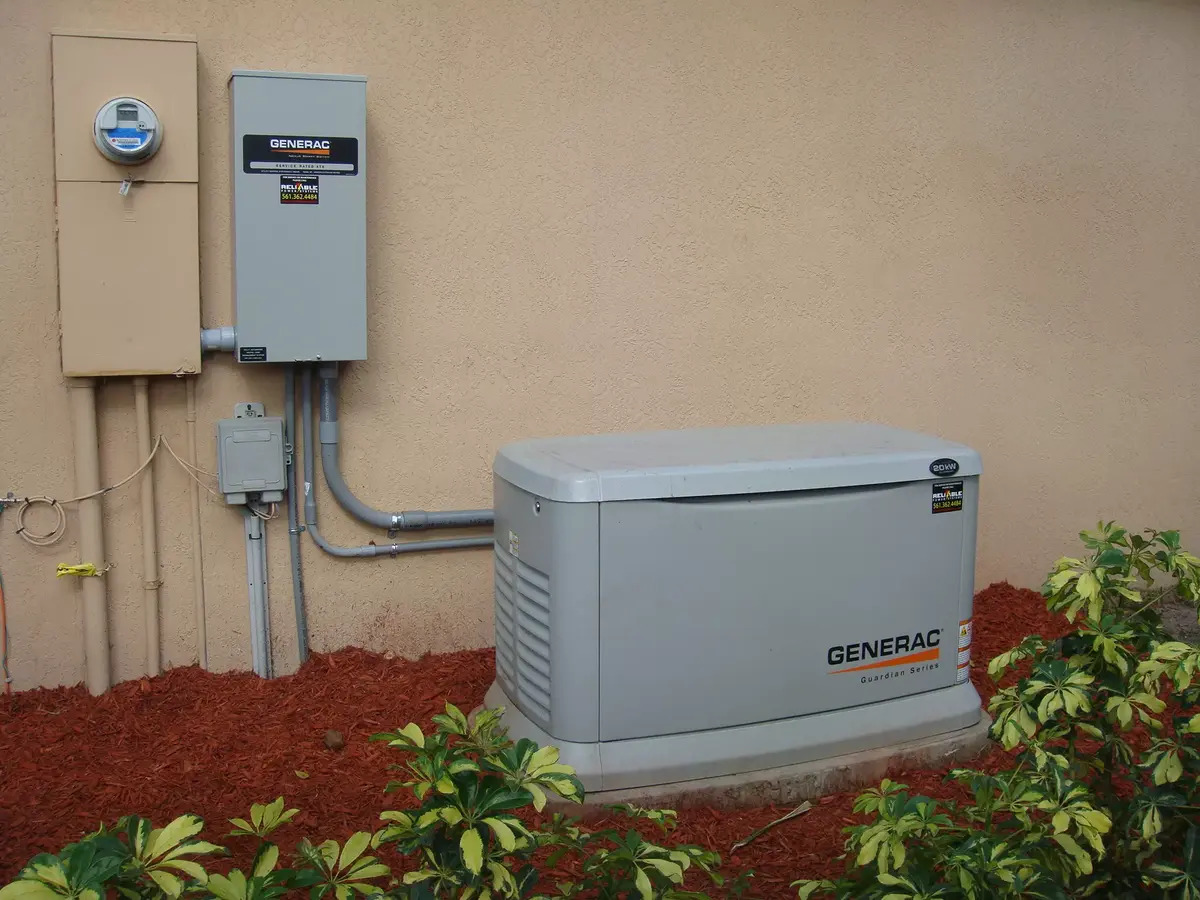

0 thoughts on “How To Store Gas For Generator”